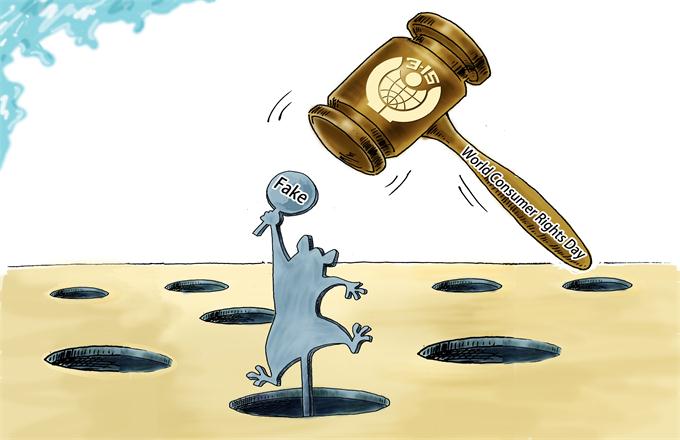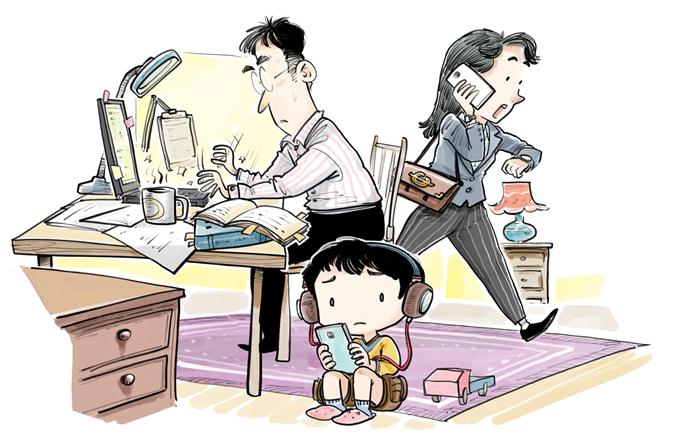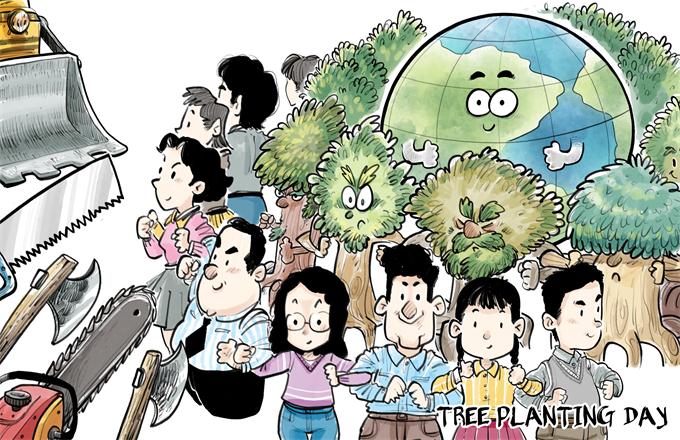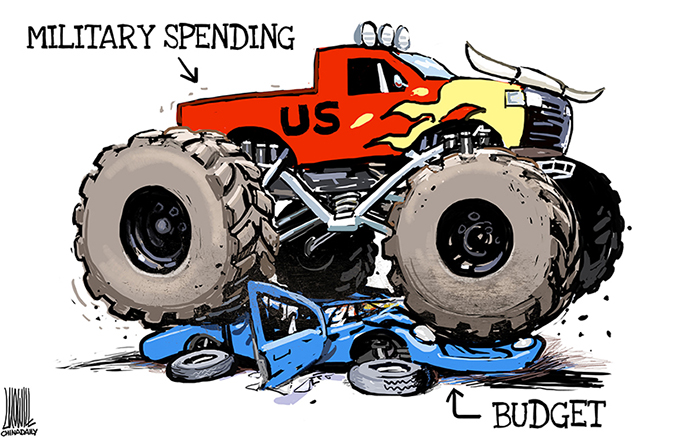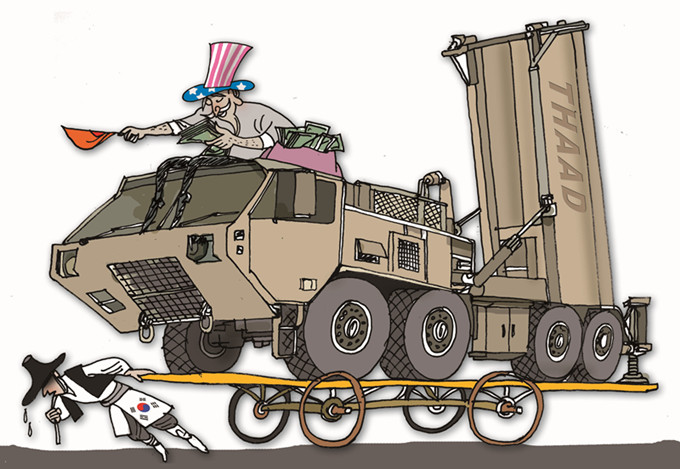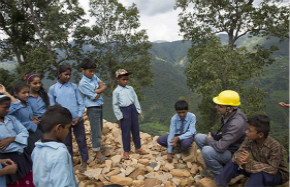Rescue and relief efforts
Compared with the Wenchuan earthquake five years ago, the response to Saturday's Lushan earthquake, which has so far left nearly 200 dead and more than 11,800 injured, has been quicker and more effective.
Official rescuers and medical teams were quickly on the scene - for example, an emergency medical team and its equipment were dispatched to the disaster area by a Shanghai hospital less than two hours after the earthquake hit - and there has been no repeat of the problems, such as the lack of proper tools and equipment, that plagued rescue efforts in the first days after the Wenchuan quake, when rescuers had to dig by hand through chunks of concrete and other rubble to try and reach survivors.
Those nearby who rushed to help also knew better what the survivors needed, and they brought tents, bottled water, instant foodstuffs and other daily necessities to the affected areas, providing shelter and sustenance to those in need until larger-scale official aid can reach them.
The faster and better-organized official emergency response, together with the broad participation of volunteers, will save lives and help people recover from the quake sooner.
However, a recent notice issued by the State Council urging other local governments and social groups to stop sending rescues teams to the disaster area without approval has also highlighted the authorities' concern that in the rush to help, too many cooks are spoiling the broth. They are worried that rescue efforts might be impeded if rescue and relief operations aren't coordinated properly.
The desire to help should be applauded and should warm the hearts of those whose lives have been devastated by the quake. However, independent actions only add to the difficulties confronting trained rescuers and relief workers. It was reported that some private vehicle owners heading to the quake area in the hope of offering assistance caused jams and blocked the passage of official rescue teams. There were also two volunteers who had an accident, diverting rescuers from the search for survivors.
Broader participation should be mobilized for relief efforts, but it is necessary to ensure these efforts are properly supervised and coordinated. There should be earthquake relief guidelines for volunteers and the lessons learned from this earthquake should be swiftly incorporated into the disaster response mechanism so that more lives can be saved in the future.
(China Daily 04/23/2013 page8)




